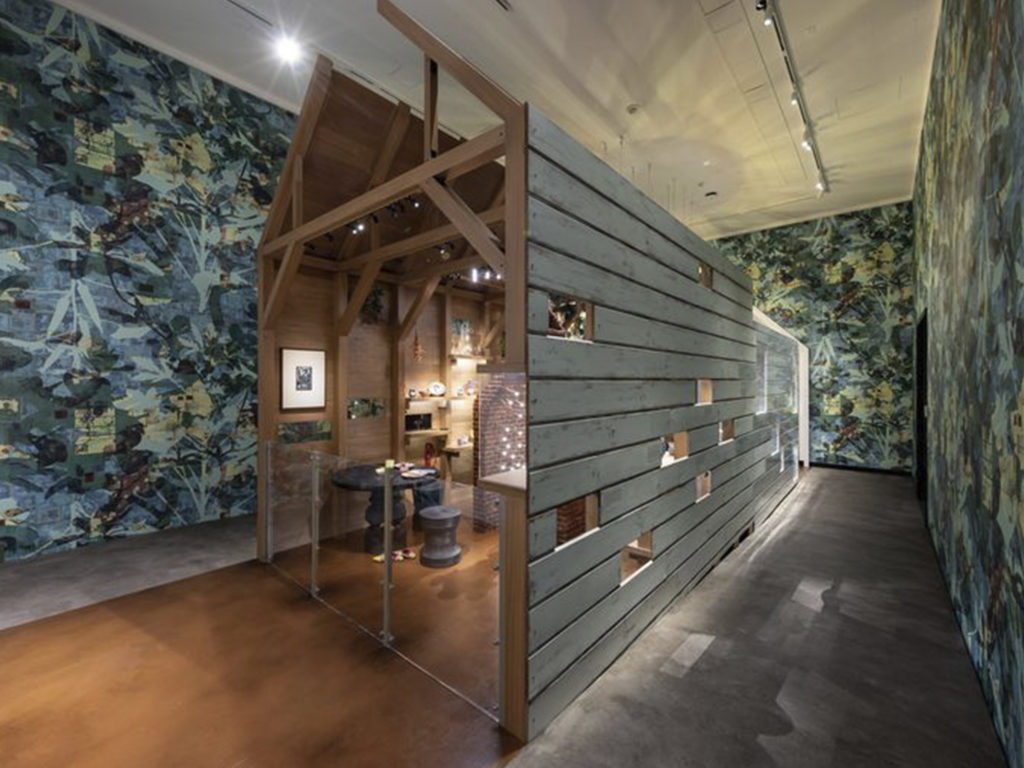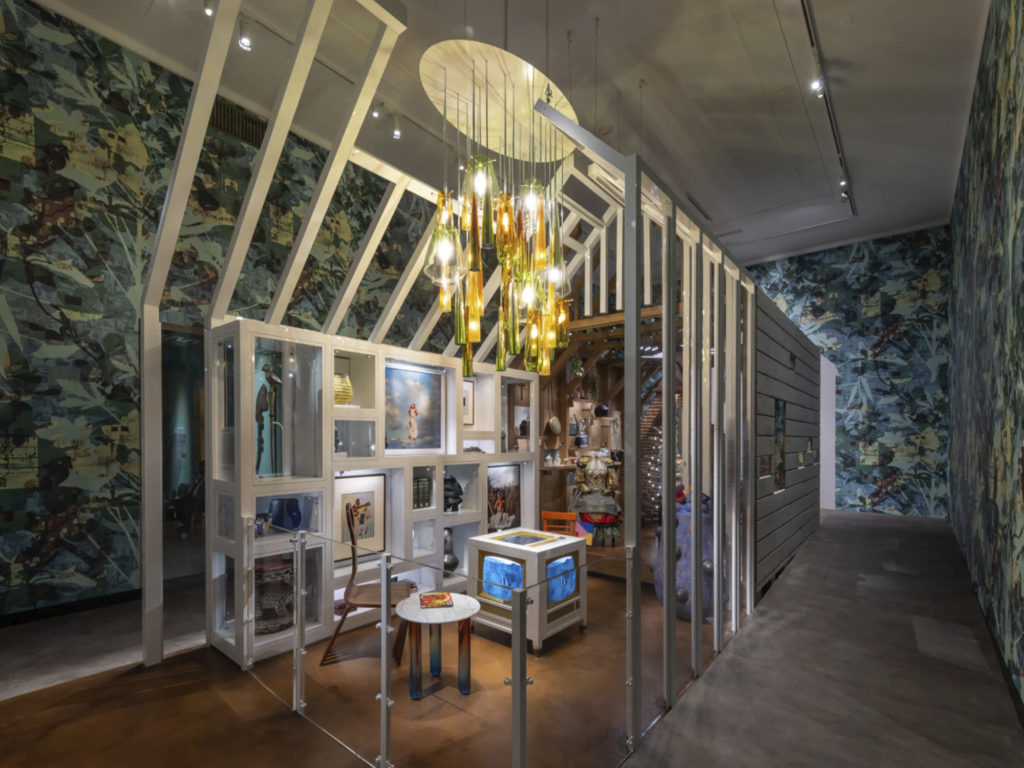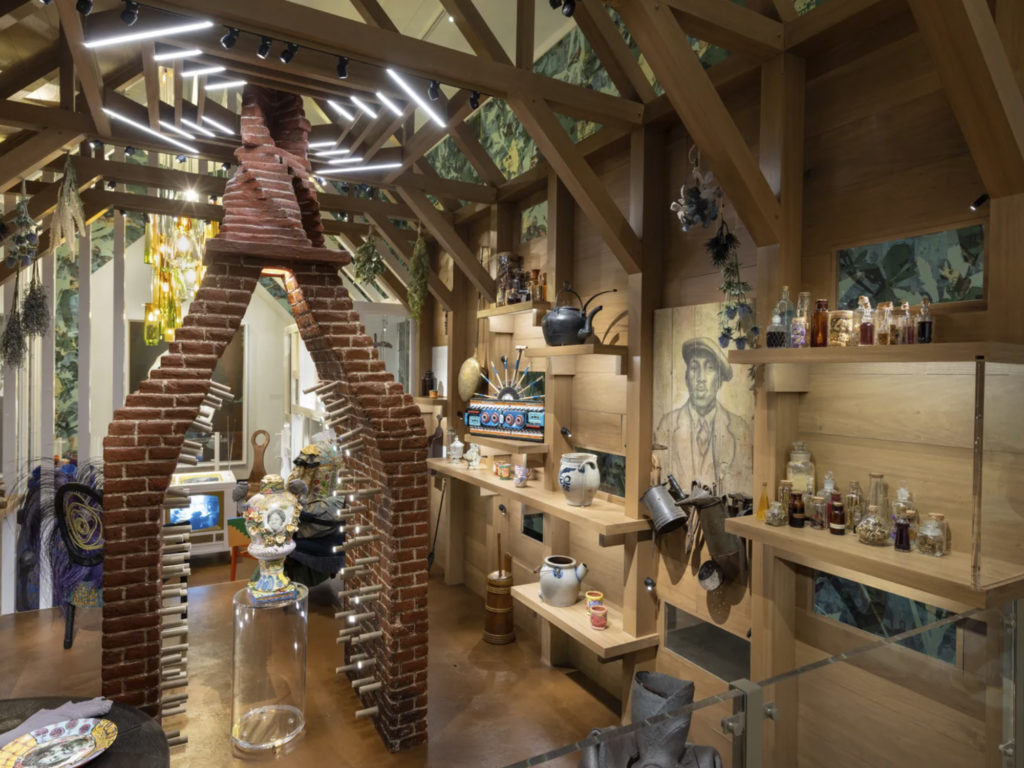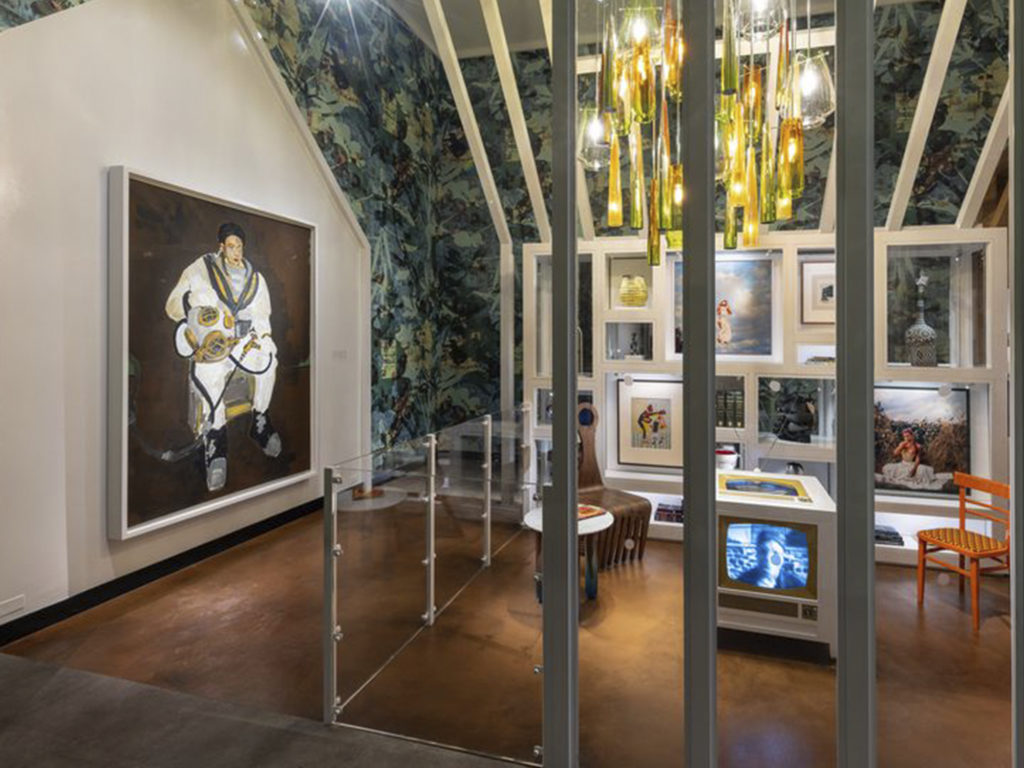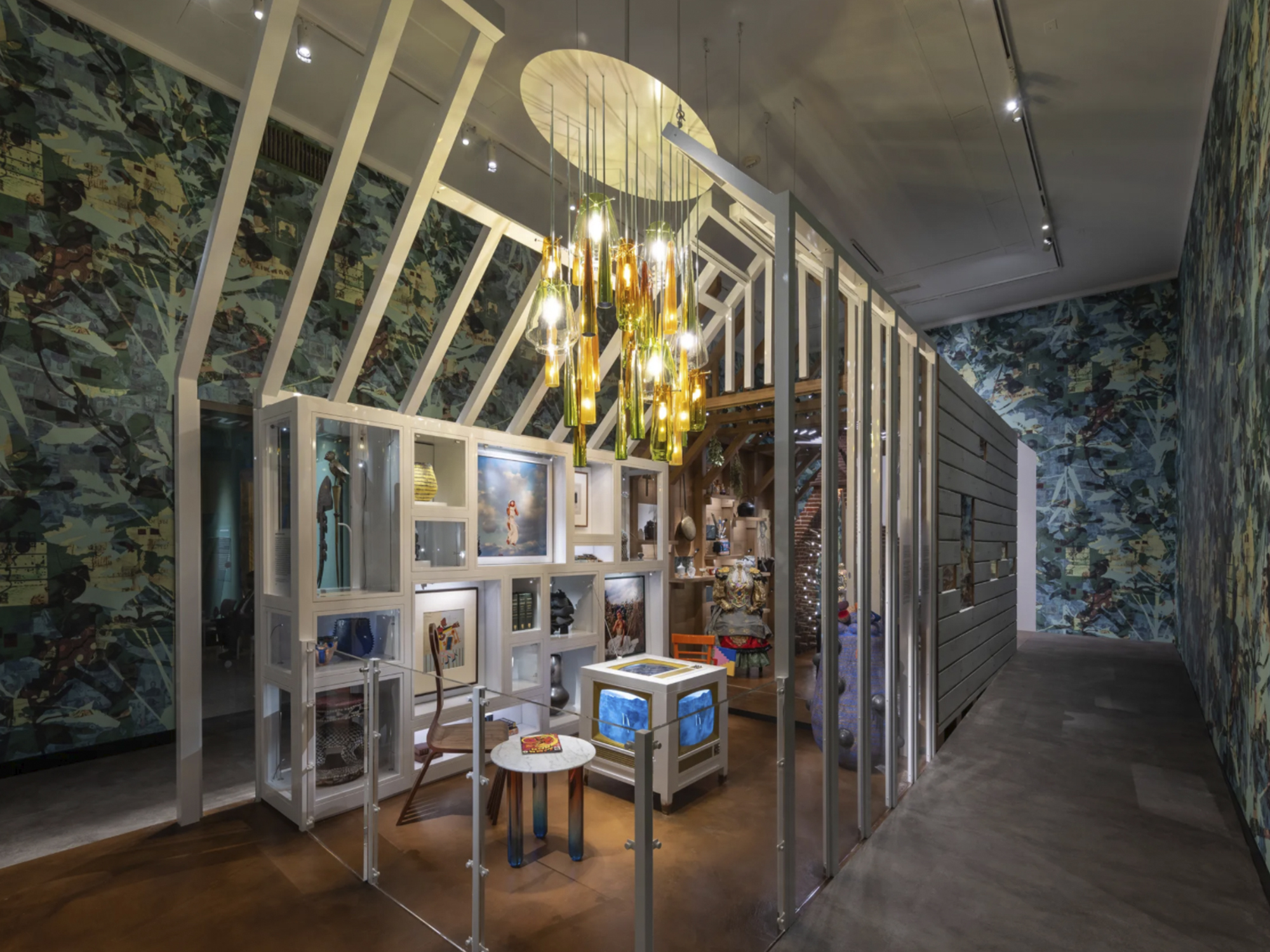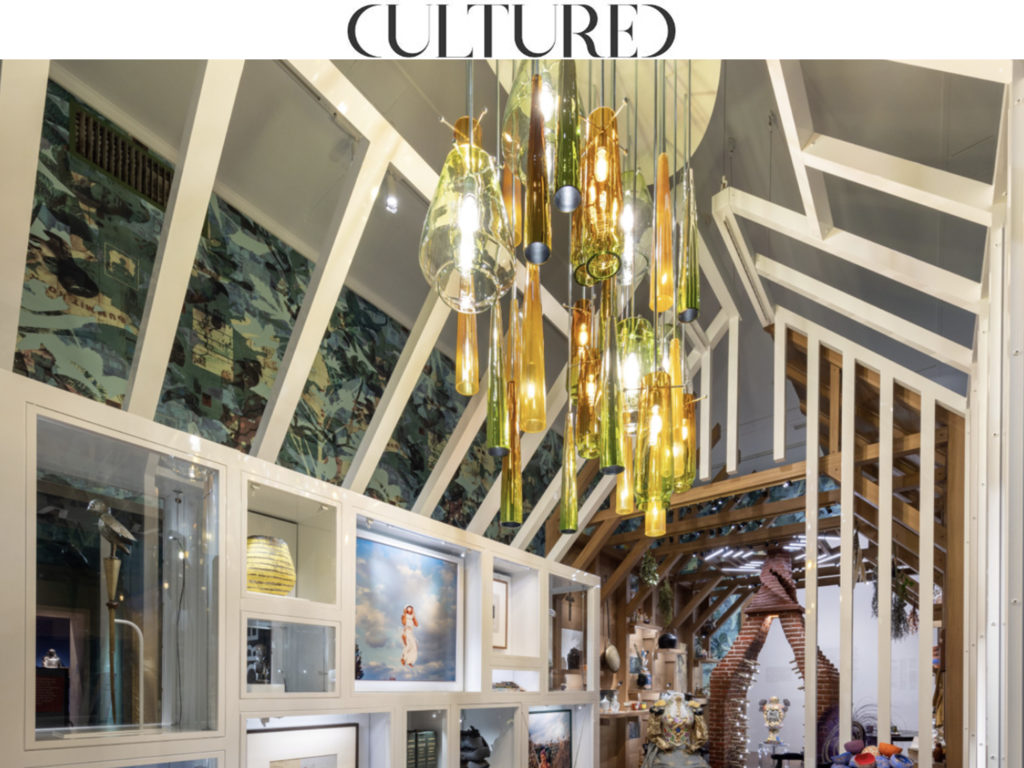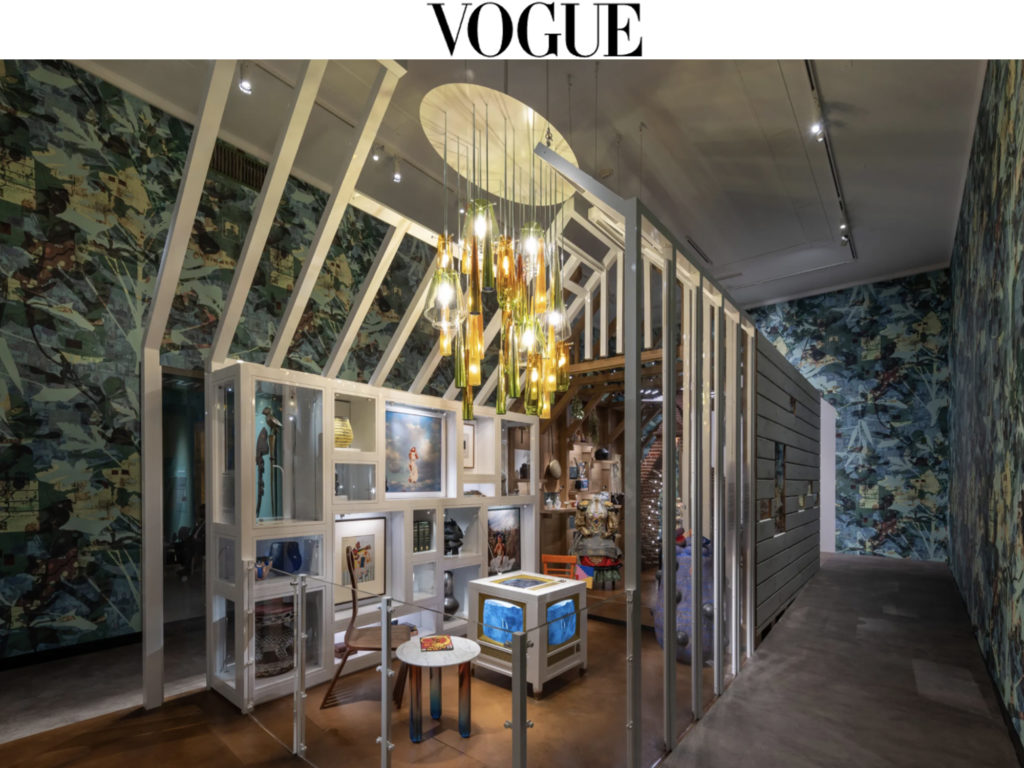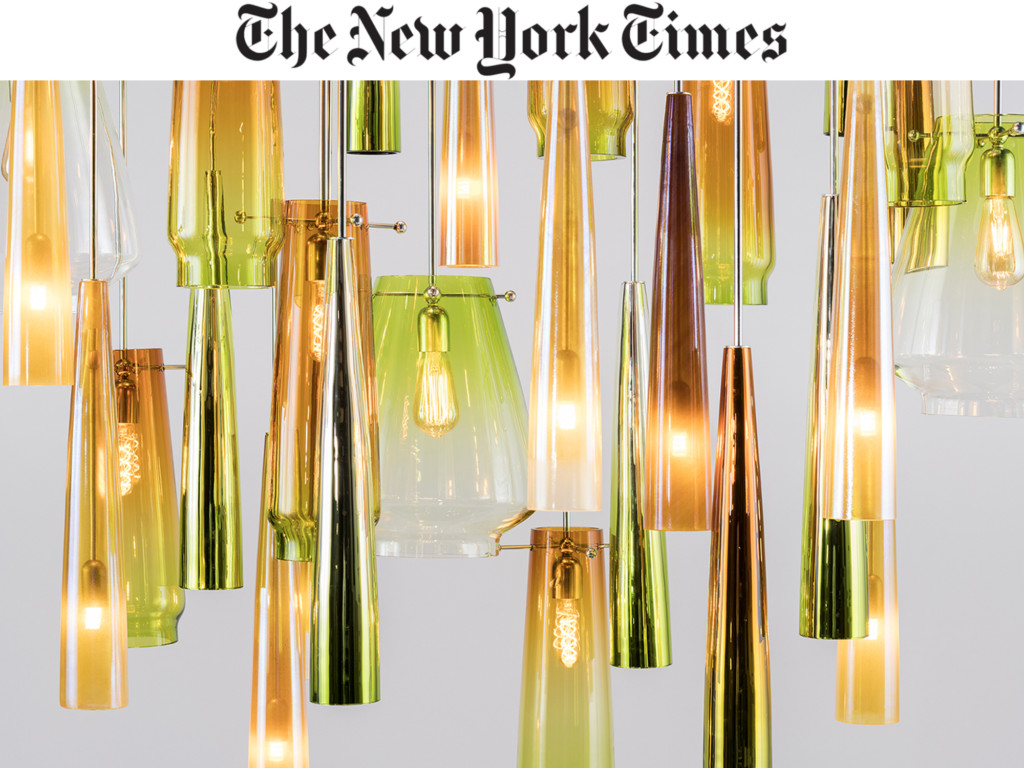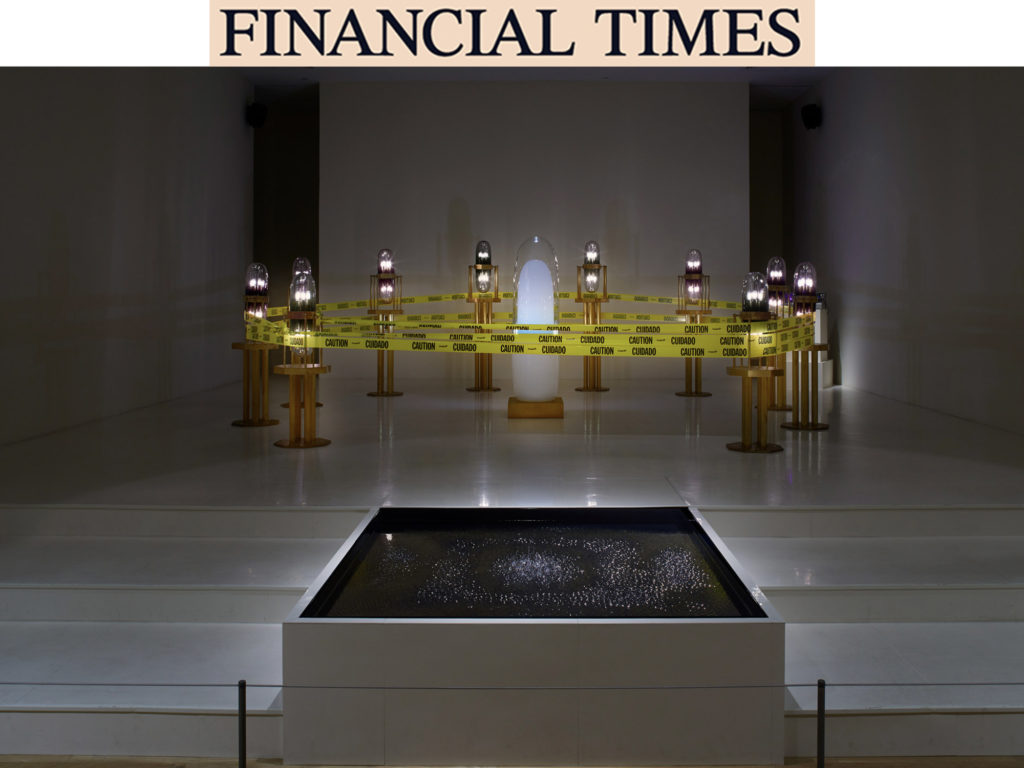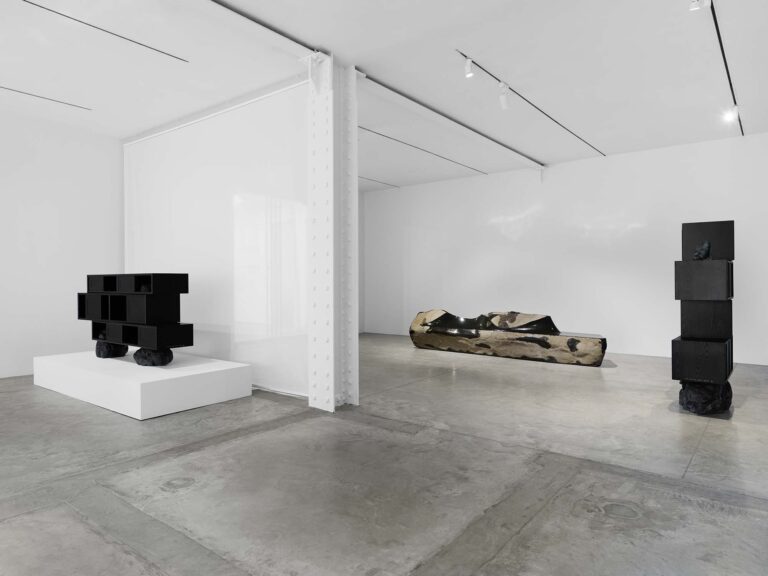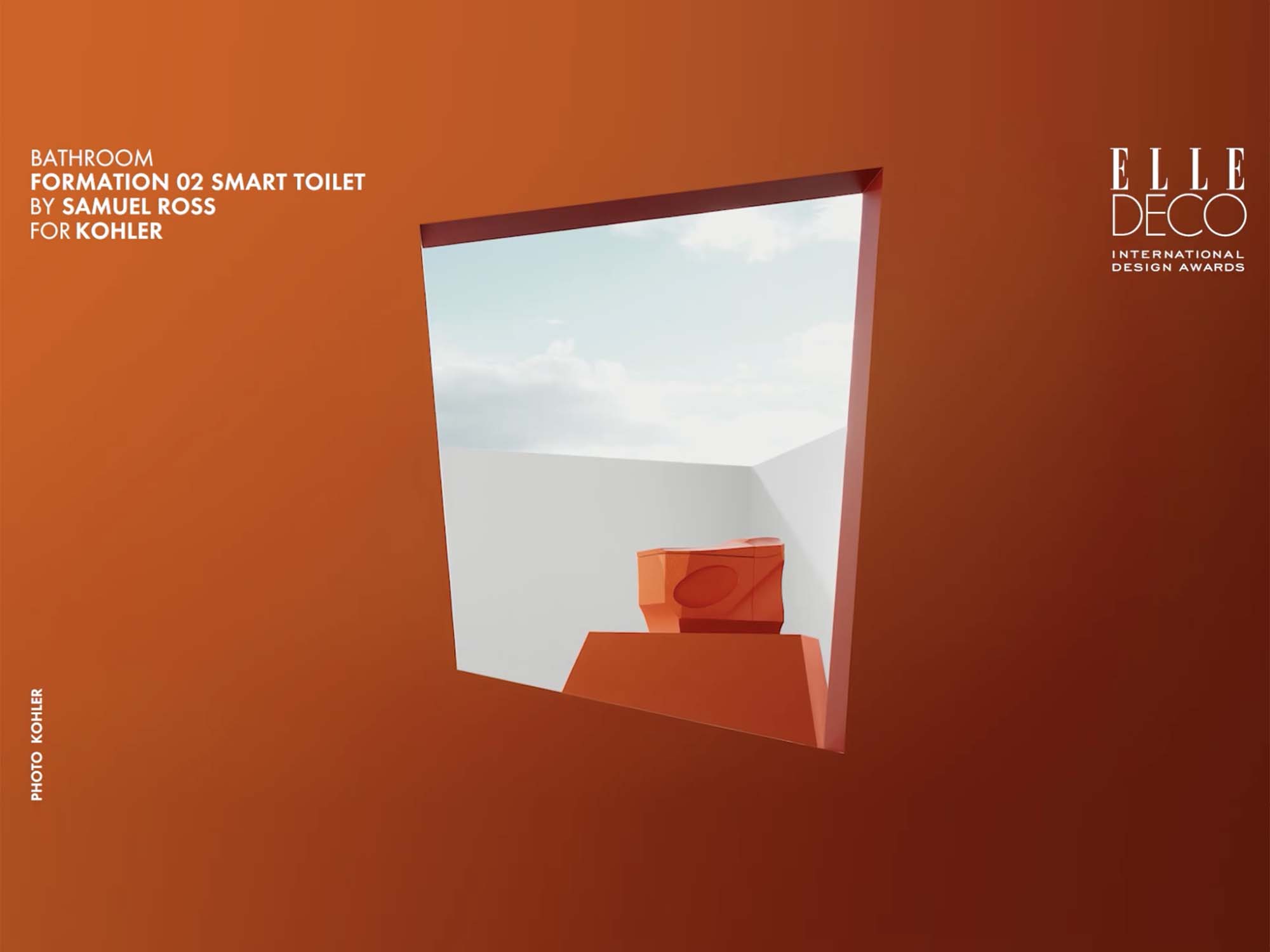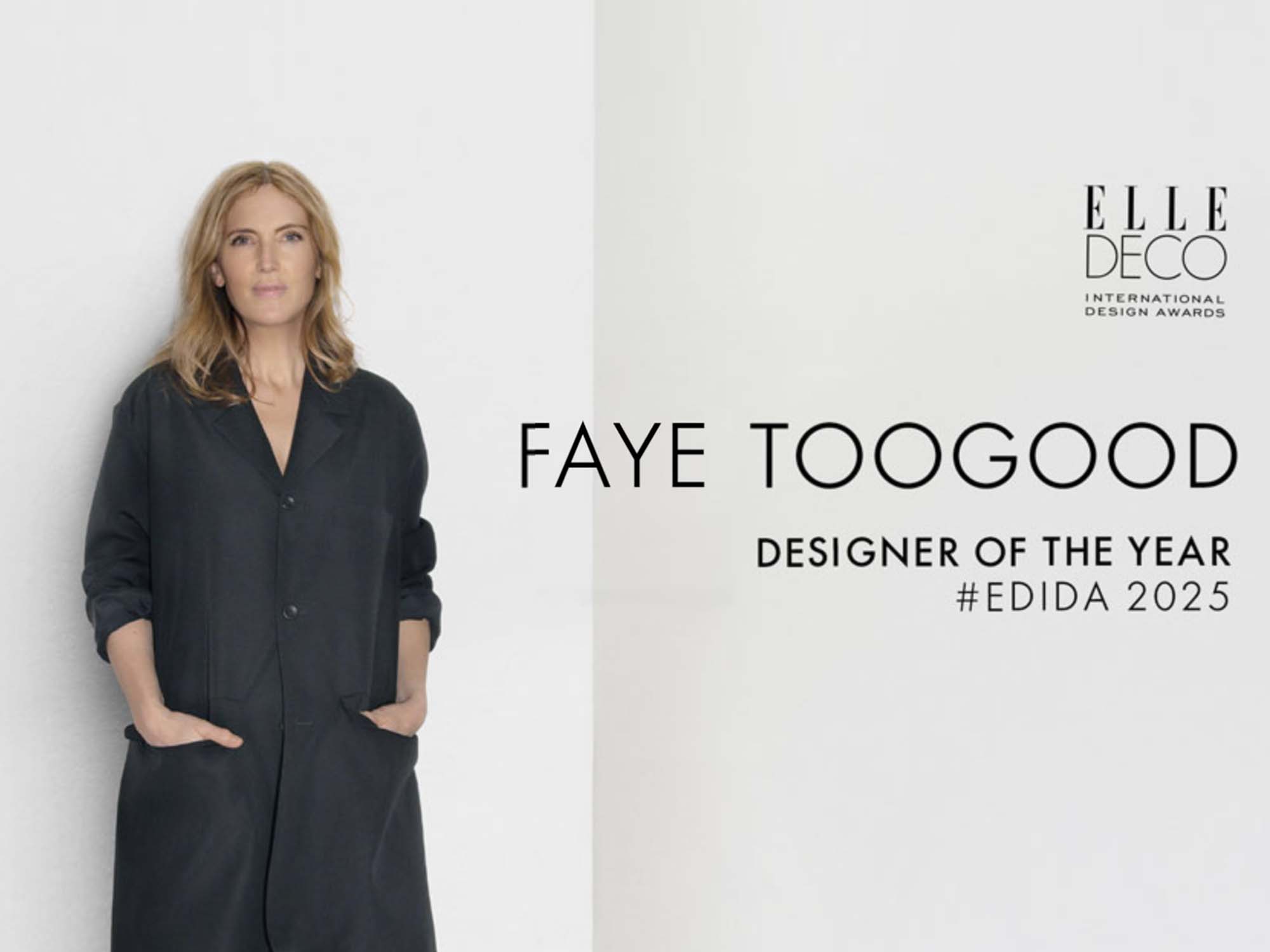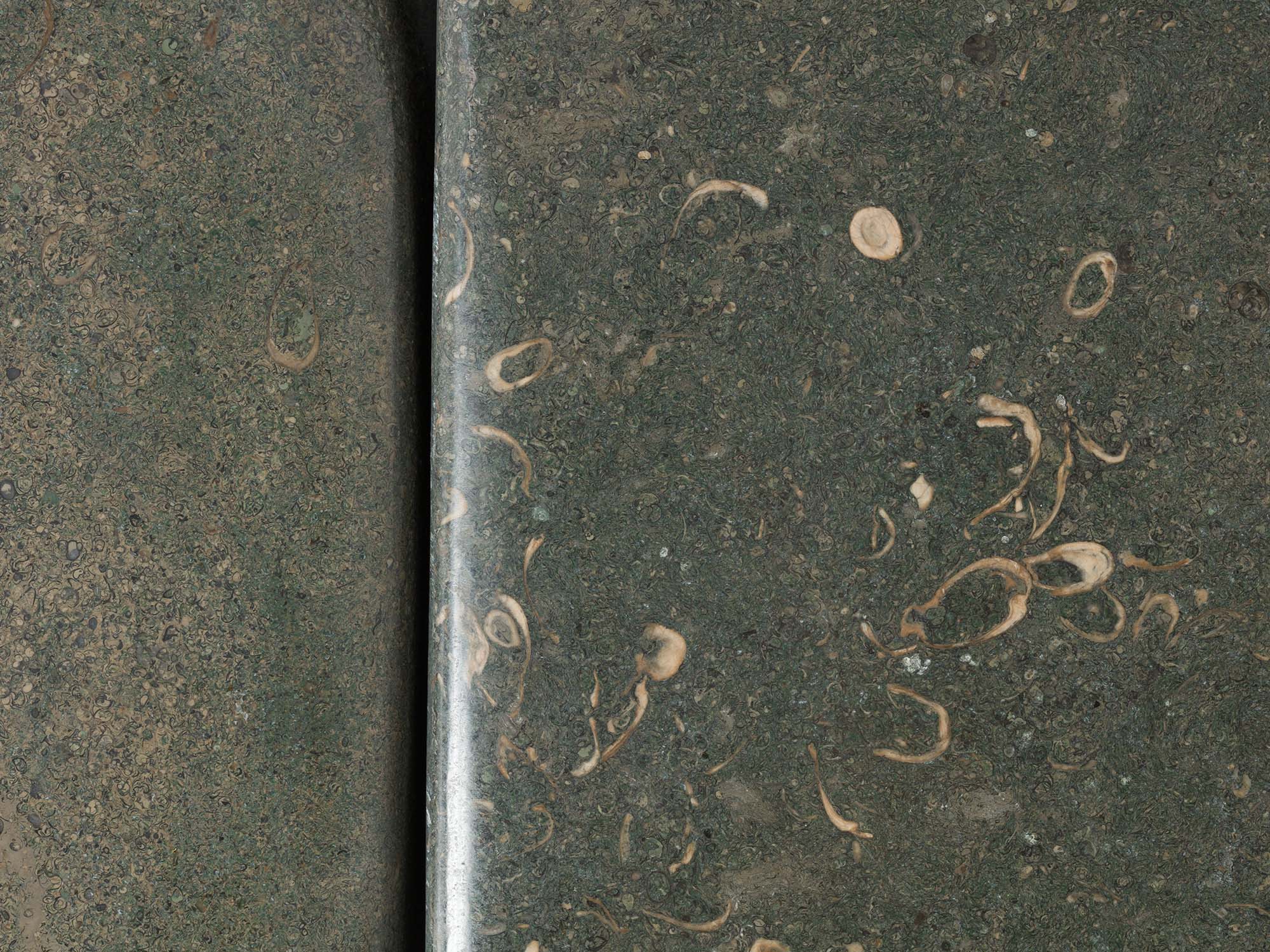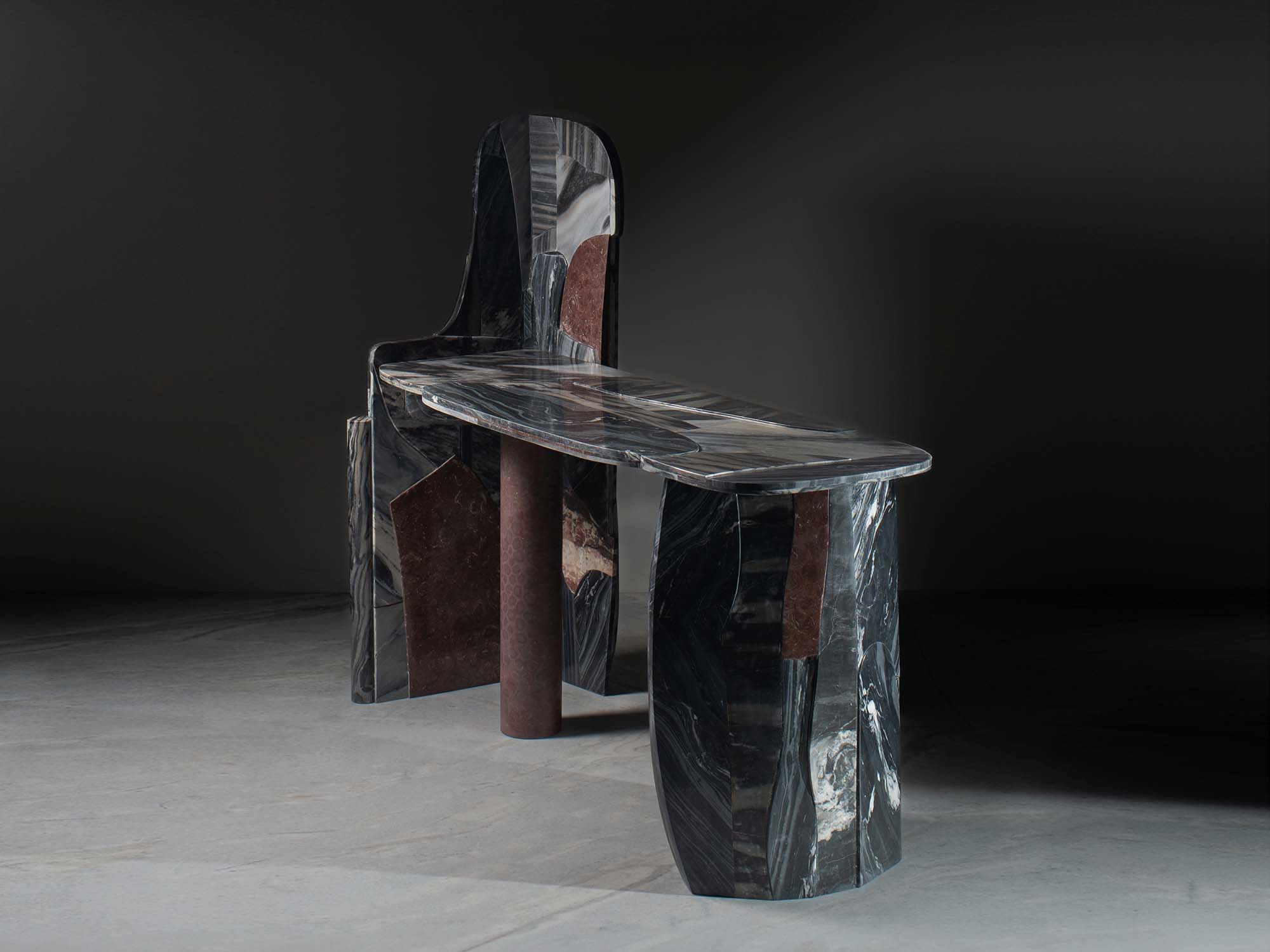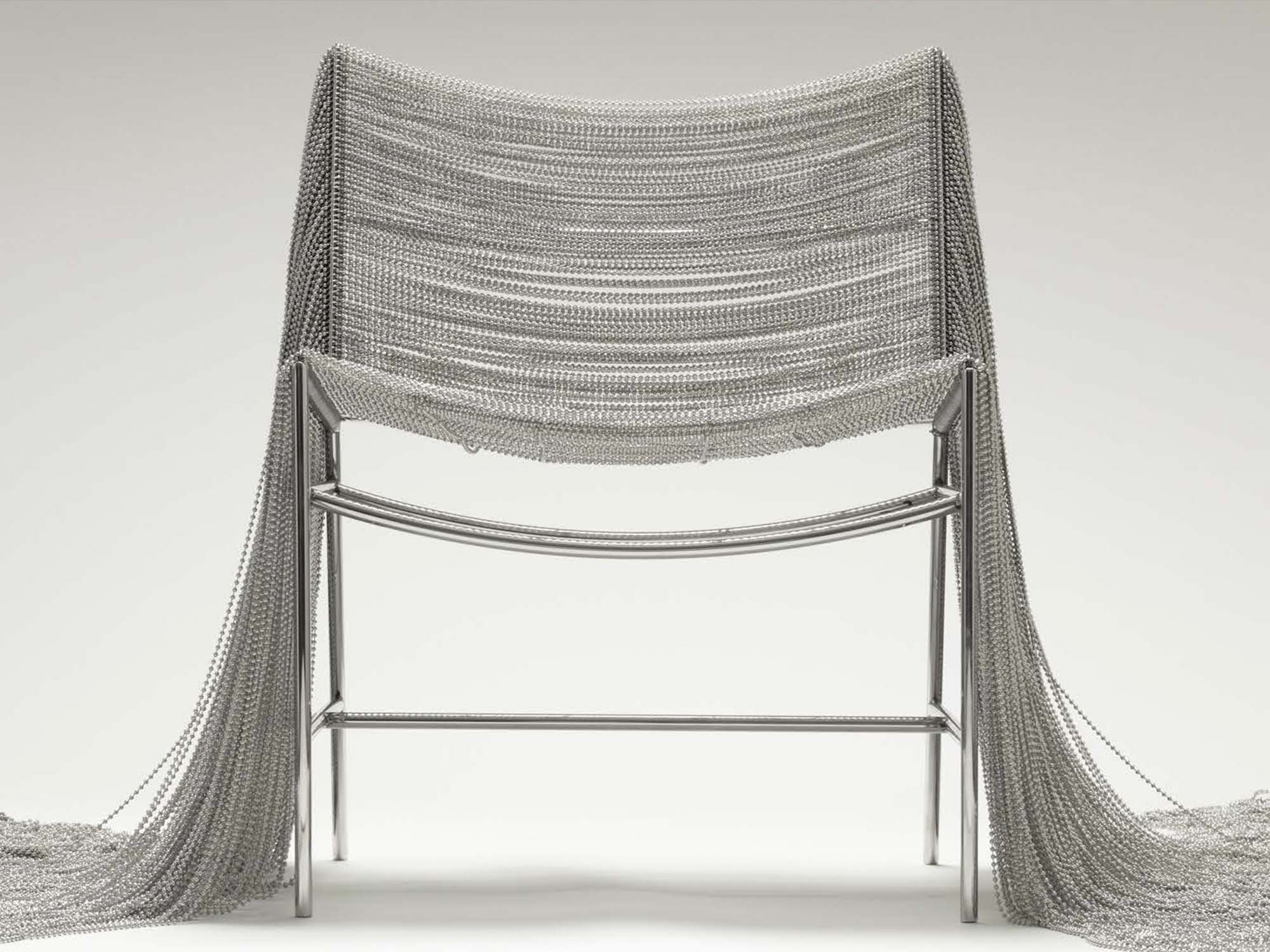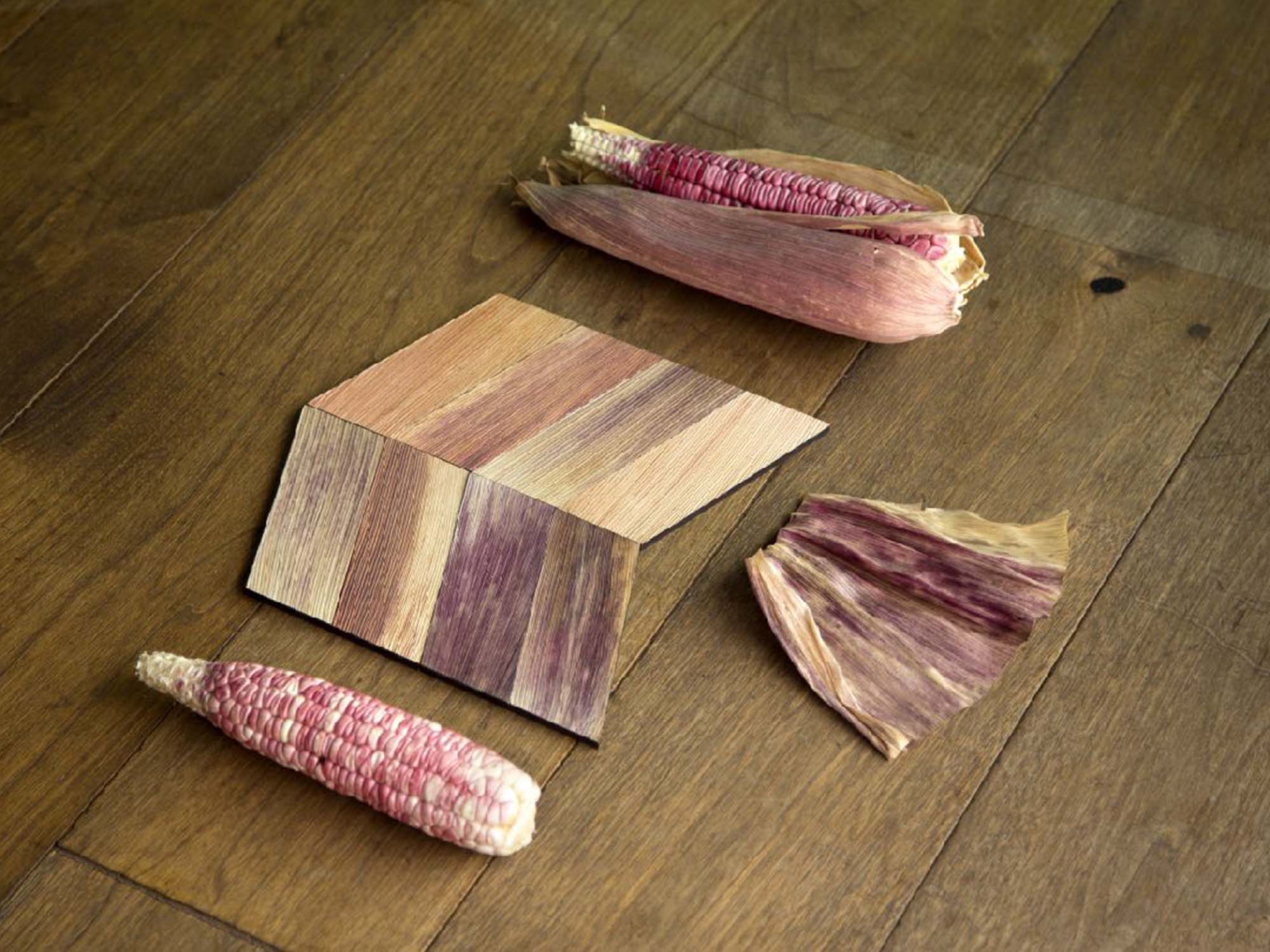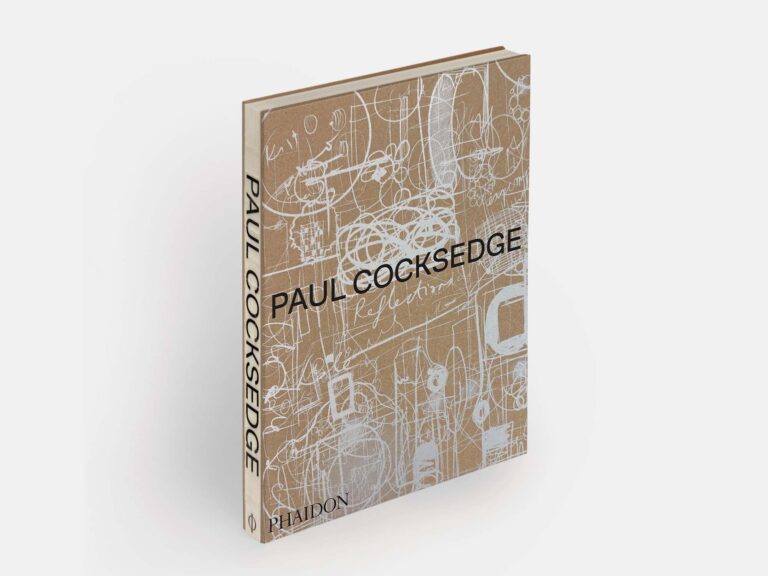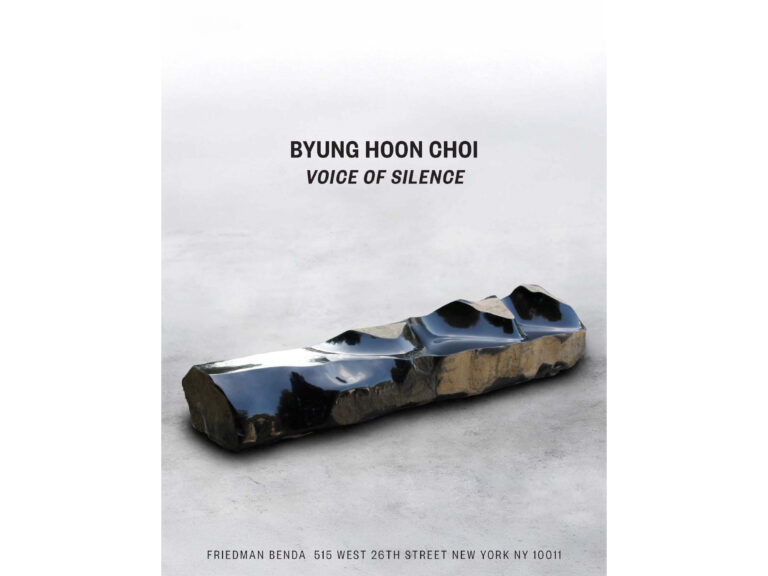Opening at The Met Fifth Avenue on November 5, 2021, Before Yesterday We Could Fly: An Afrofuturist Period Room, like any of The Met’s period rooms, is a fabrication of a domestic space that assembles furnishings and objects to create a fiction of authenticity. Rather than affirm a fixed moment in time, however, this structure reimagines the immersive experience of the period room by embracing the African and African diasporic belief that the past, present, and future are interconnected. The exhibition’s narrative is generated by the real, lived history of Seneca Village, a vibrant community founded predominantly by free Black tenants and landowners that flourished from the 1820s to the 1850s just a few hundred yards west of The Met’s current site. In 1857, the City of New York destroyed Seneca Village, using eminent domain to seize land for the construction of Central Park and make way for a different type of place, one intended for a wholly different community. The title, Before Yesterday We Could Fly, is inspired by Virginia Hamilton’s legendary retellings of the Flying African tale, which celebrates enslaved peoples’ imagination, creative uses of flight, and the significance of spirituality and mysticism to Black communities in the midst of great uncertainty.
Acknowledging that injustice, the exhibition asks: What if this community had the opportunity to grow and thrive? Powered by Afrofuturism—the inspirational, creative mode that centers Black imagination and self-determination—the exhibition transforms a 19th-century domestic interior into a speculative future home for Seneca Village residents whose time there was so unjustly cut short. Activated through vision, sound, and storytelling, and furnished with a kaleidoscope of works from The Met’s collection—from Bamileke beadwork and 19th-century American ceramics to contemporary art and design that celebrates rich and diverse traditions—the room foregrounds generations of African diasporic creativity. Before Yesterday We Could Fly also celebrates a number of new acquisitions made specifically for the project, including works by Ini Archibong, Cyrus Kabiru, Roberto Lugo, Zizipho Poswa, and Tourmaline, and is animated by exciting commissions from Njideka Akunyili Crosby, Fabiola Jean-Louis, and Jenn Nkiru.
